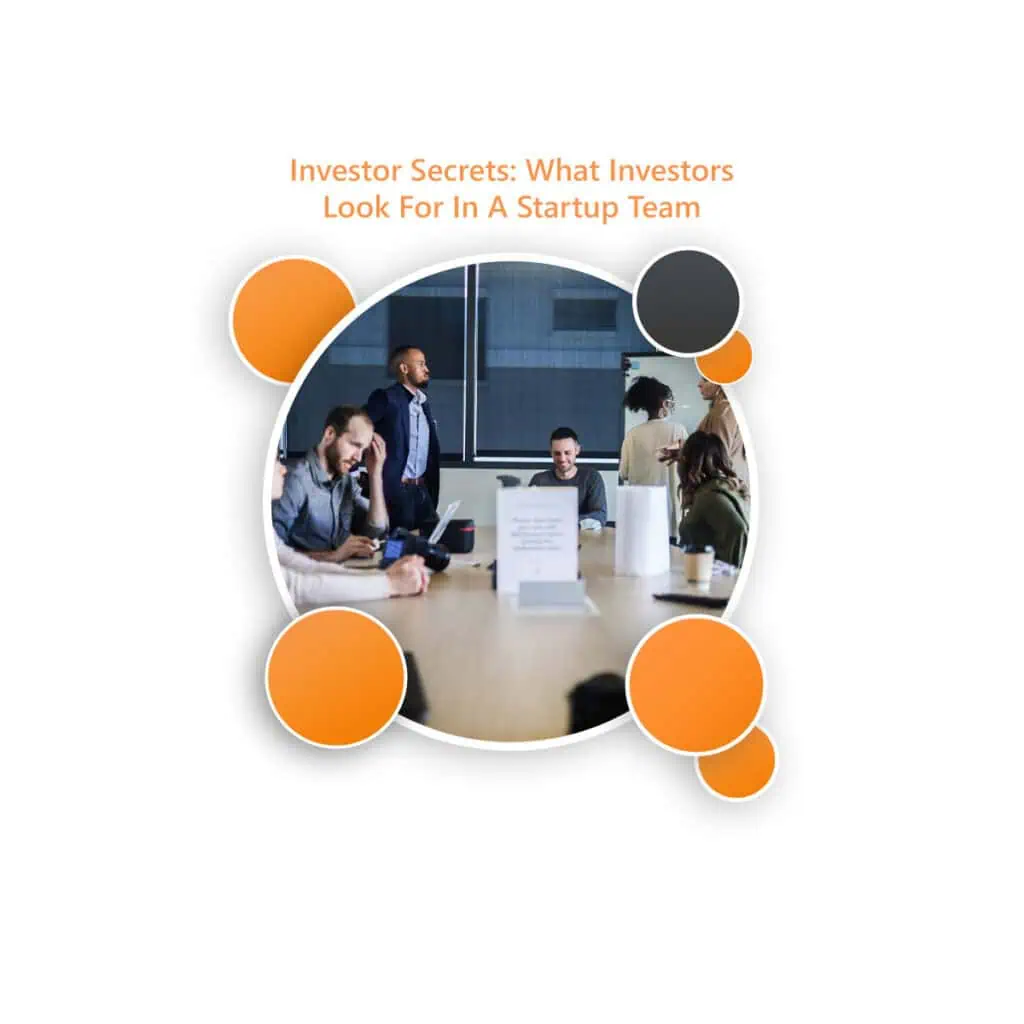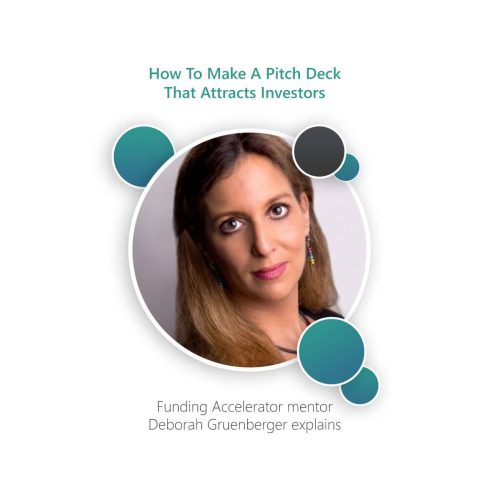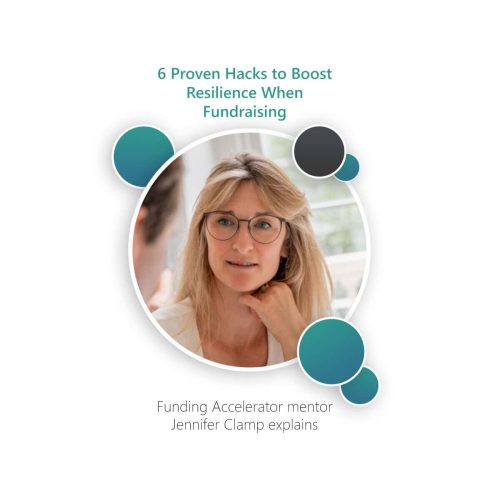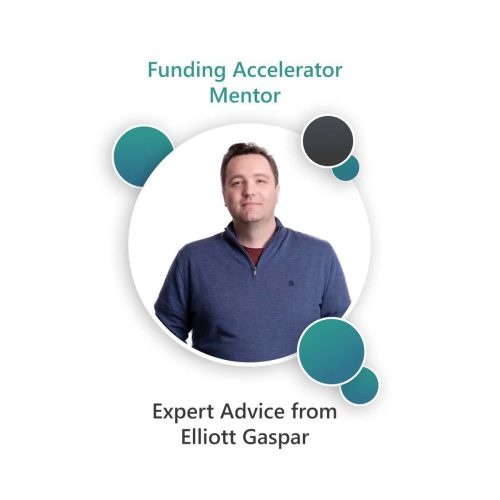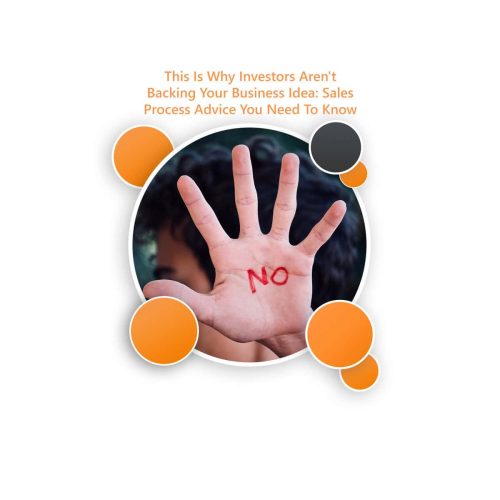Having a brilliant idea is just the beginning. Any seasoned investor knows that the success of a startup hinges on more than a brilliant idea and innovative product – it’s the people behind the company that will make it successful. For many investors, it is the startup team that they are backing and knowing that helps you secure funding for your startup.
When angel investors are weighing up your investment opportunity, one of the main things they care about, aside from the scale of the market opportunity, is you as founder and your team. Here we explore some of the key qualities that investors look for in a startup team so you can have the right people around you to secure the funding you need for your business.
A Good Mix of Skills: The Foundation of a Strong Startup Team
One of the first things investors look for in a startup team is a diverse range of skills. If you’re building a technical product, a well-rounded startup team should include a blend of technical and non-technical expertise. Typically investors like to see one commercially minded founder, and one technical founder. Or if there are three founders, one should be more sales and marketing focused, another more operational or with a finance background, and the third founder with product or technical skills.
Depending on your industry, a technical co-founder or team member is likely to be responsible for software development, engineering, or have scientific knowledge, and they are the brains behind the product development and tend to have deep technical expertise.
It’s equally important to have non technical skills in your startup team though as even the best product won’t sell itself. Team members skilled in marketing and sales will take your product to market, understand how to position your product to customers, and close deals – all skills that are invaluable for building a successful business.
As investors are often investing large sums of money in your business, they also tend to like founders with strong financial acumen. Investors want to feel confident you will make good decisions with their capital, and so they like to see startup teams with people who are skilled in managing the books, understanding cash flow, and who they feel are able to make sound financial decisions and ensure the business is well run and their capital is used well.
The makeup of the founding team is probably one of the most important things an investor looks at when evaluating an investment opportunity, for them to feel confident they want to know that the startup team has all the necessary skill sets to drive the business forward in-house, so the business doesn’t have to rely on external consultants or make a number of hires in the early stages.
Industry Experience: A Proven Track Record
Investors love startup teams who have previous experience in the industry or sector they’re entering with their new business. There are a few reasons why they value this experience so much:
- It means you already understand the market dynamics, and there won’t be a steep learning curve for you
- You may already have existing relationships with potential customers or partners, which if you were new to a sector would take long time to establish
- You are aware of and potential pitfalls and will know how to avoid them
- You have already built credibility within the industry.
Having a founding team that knows an industry or sector inside out, and understands how to navigate its specific challenges, really helps to reduce risk in the eyes of investors, and de-risking the opportunity is exactly what you need to do in order to get funding secured. Sector experience and a proven track record in the industry shows investors that your startup team has the knowledge and connections to hit the ground running, and gives the investor confidence you will generate traction faster.
Resilience: The Ability to Weather the Storm
We’ve spoken previously about resilience and how founders can boost their resilience when fundraising. It really should be a key trait of any startup founder.
Putting it simply, starting a business is not for the faint of heart and investors are well aware that the startup journey will have lots of obstacles, setbacks, and challenges. That’s why they put an emphasis on founders having the right traits, with one of those traits being resilience, and being able to weather the storm. Resilience can manifest in a few different ways, it could mean:
- The ability to pivot when initial strategies don’t work
- Maintaining motivation and drive when there’s rejection or failure
- Learning from mistakes and applying those lessons moving forward
- Staying focused on the long-term goals of the business despite the short-term challenges you might be facing.
When pitching and speaking to investors it’s often good to be honest and frank about past experiences or the early challenges you’ve experienced as it helps demonstrate your resilience and ability to handle the tough times, which in turn will build investor confidence in you and your founders.
Chemistry and Collaboration
We mentioned how the skills and experiences of the startup team are important, but the way a startup team works together is equally important.
Investors are keen to see a track record of the startup team working well together previously, and evidence of strong chemistry and collaboration between the co-founders. This could include:
- Clear communication and respect between the co-founders
- Aligned goals and a shared vision for the company
- Working styles that complement each other, and that are productive
- The ability to constructively challenge each other’s ideas, and have open and frank conversations
Investors want to see more than the founders just getting on. They want to know they can collaborate well and create an environment where they utilise each other’s strengths and mitigate any weaknesses through teamwork.
Previous Startup Experience
Early-stage startups are scrappy, often intense environments to operate in, and aren’t for the faint hearted. There are high levels of risk, uncertainty and ambiguity so investors are likely to favour founders who have operated in that environment before and really ‘get’ it. Investors particularly like it if any of the members of the founding team have experience in:
- Scaling a Business: Demonstrating how they helped grow a company from a small project to a large business.
- Securing Funding: If the founders have raised capital successfully before, they will know what investors are looking for and how to position the company effectively.
- Navigating Exits: If anyone on the startup team has been through a successful exit – whether an acquisition or IPO – that experience is extremely attractive to investors, and should be highlighted in conversations and in your pitch deck.
Having prior experience of startups shows that you’re not going in blind, which makes investors feel more confident that you have the necessary qualities to navigate challenges and demands that are all part and parcel of the startup world.
It’s important to remember that when investors evaluate a startup, they’re not just investing in an idea – they’re investing in people behind the idea. So when building out your startup team ask yourself if you have a balanced mix of skills that complement each other, and if you have people with industry experience in-house.
Think about ways you can weave in examples in your pitch about how you dealt with adversity to demonstrate resilience and problem-solving, and to show how you work well together as a team. If you have previous experience in startups, particularly if you have scaled or exited one, shout about it. Doing all of this will help build investors’ confidence in you as founders, and de-risk the investment opportunity for them, which ultimately will make you more investible and increase your chances of getting funding.
Remember, a great team with a mediocre idea will outperform a mediocre team with a great idea every time. So invest in building the best startup team you can – it’s likely to be the key to your success.
If you are a solo founder but considering finding a co-founder, read our insights on why having a co-founder makes you more appealing to investors, and our tips on how to choose a co-founder wisely.

